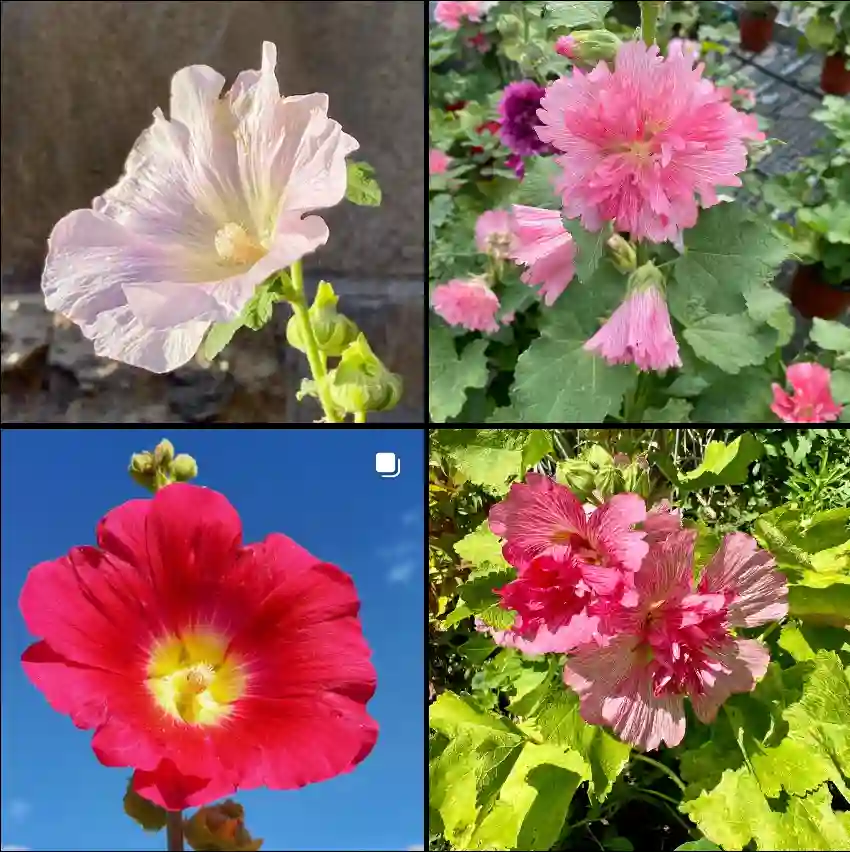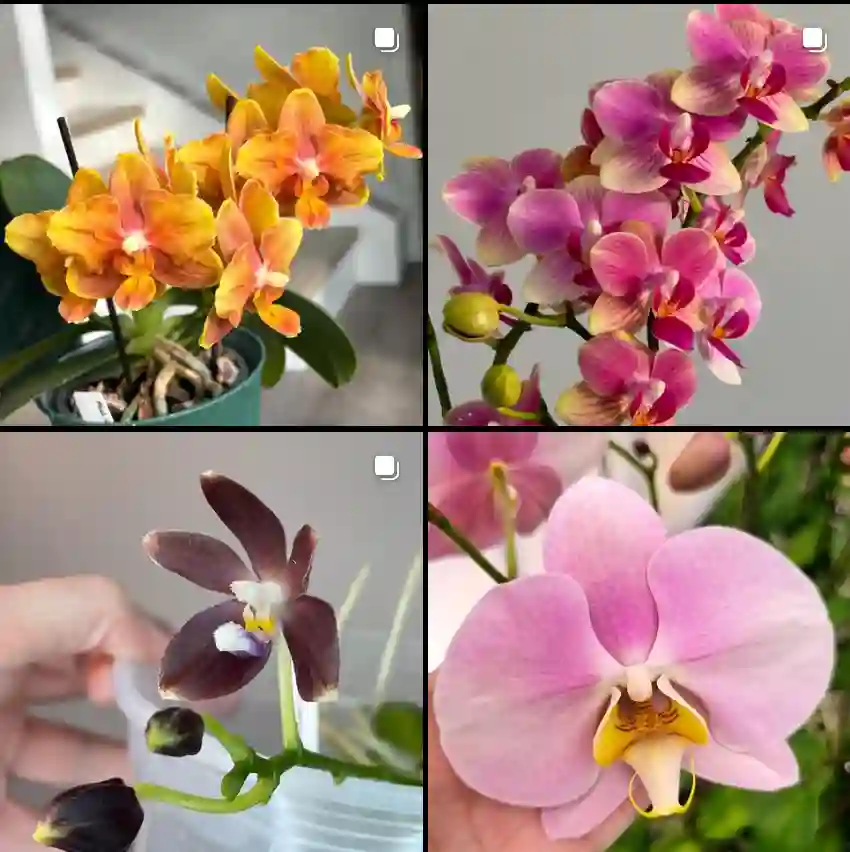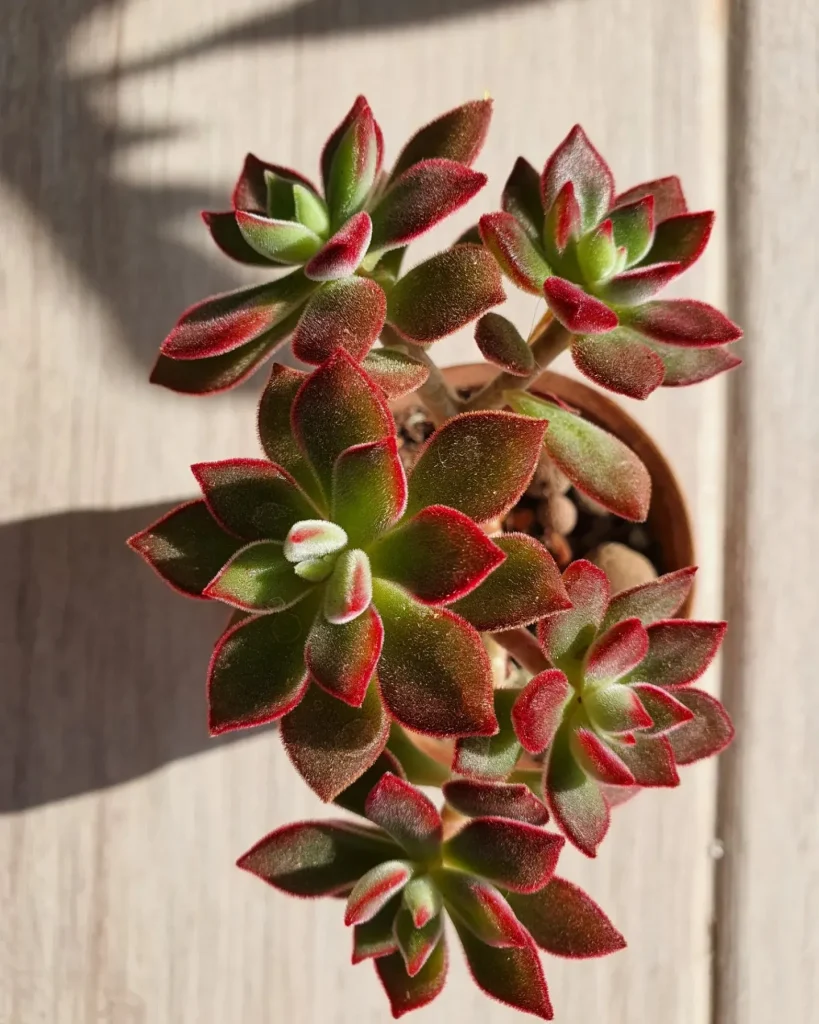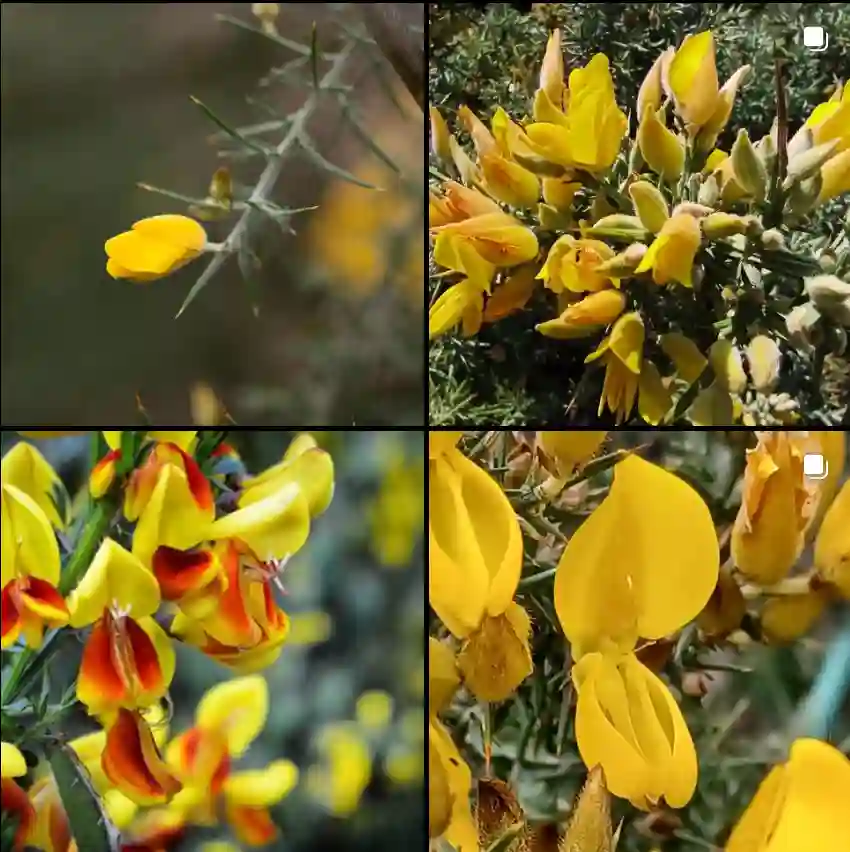My Fascination with Pleione Orchids
The world of orchids is vast and captivating, filled with an incredible diversity of forms and colors. Among my favorites is the genus Pleione of Orchidaceae family, a group of predominantly terrestrial orchids native to the Eastern Himalayas, China, and Taiwan. These hardy orchids, often referred to as “windowsill orchids,” have captivated me with their vibrant blooms and their ability to thrive in a variety of conditions.
Discovering the Delicate Beauty of Pleione
My first encounter with Pleione orchids was at a local flower show. Nestled among the more flamboyant orchids, a delicate Pleione formosana with its pale pink petals and intricate lip caught my eye. The flower’s simple elegance and the plant’s compact size immediately drew me in. I was further intrigued when I learned about their unique growth cycle, with a period of dormancy during the winter months. This dormancy, reminiscent of spring-flowering bulbs, adds another layer of interest to these already fascinating plants.
A Closer Look at Pleione Species
The genus Pleione encompasses around 20 recognized species, each with its own distinct characteristics. Some of the most popular species include:
- Pleione formosana: This species, native to Taiwan, is one of the most commonly cultivated. It boasts beautiful pink flowers with a fringed lip and is relatively easy to grow.
- Pleione bulbocodioides: This widespread species is known for its variability in flower color, ranging from white to deep purple.
- Pleione limprichtii: This species is prized for its large, showy flowers, often in shades of yellow or cream.
- Pleione humilis: This dwarf species is perfect for those with limited space, producing charming pink flowers on compact plants.
- Pleione praecox: This late-flowering species adds a touch of autumn color to the garden with its vibrant purple blooms.
- Pleione albiflora P.J.Cribb & C.Z.Tang
- Pleione arunachalensis Hareesh, Kumar & M.Sabu
- Pleione aurita P.J.Cribb & H.Pfennig
- Pleione autumnalis S.C.Chen & G.H.Zhu
- Pleione × baoshanensis W.Zhang & S.B.Zhang
- Pleione × barbarae Braem
- Pleione × christianii Perner
- Pleione chunii C.L.Tso
- Pleione × confusa P.J.Cribb & C.Z.Tang
- Pleione coronaria P.J.Cribb & C.Z.Tang
- Pleione dilamellata Z.J.Liu, O.Gruss & L.J.Chen
- Pleione forrestii Schltr.
- Pleione grandiflora (Rolfe) Rolfe
- Pleione hookeriana (Lindl.) Rollisson
- Pleione hui Schltr.
- Pleione jinhuana Z.J.Liu, M.T.Jiang & S.R.Lan
- Pleione kaatiae P.H.Peeters
- Pleione × kingdonwardii P.J.Cribb & Butterf.
- Pleione × kohlsii Braem
- Pleione × lagenaria Lindl. & Paxton
- Pleione maculata (Lindl.) Lindl. & Paxton
- Pleione × maoershanensis W.Zhang & S.B.Zhang
- Pleione microphylla S.C.Chen & Z.H.Tsi
- Pleione pleionoides (Kraenzl.) Braem & H.Mohr
- Pleione saxicola Tang & F.T.Wang ex S.C.Chen
- Pleione scopulorum W.W.Sm.
- Pleione × taliensis P.J.Cribb & Butterf.
- Pleione vietnamensis Aver. & P.J.Cribb
- Pleione xiushanensis H.P.Deng, Yu Bing Yang & Qi Qin
- Pleione yunnanensis (Rolfe) Rolfe
This list, while extensive, highlights the diversity within the genus. Each species offers unique features, making Pleione a rewarding genus for collectors and enthusiasts alike.
Cultivating Pleione: A Rewarding Endeavor
One of the aspects I appreciate most about Pleione is their relative ease of cultivation. While they require specific conditions to thrive, they are not as demanding as some other orchid genera. I’ve found that providing a well-draining growing medium, bright but indirect light, and a cool, humid environment is key to their success.
The dormant period is a crucial part of their growth cycle. During this time, I reduce watering and allow the plants to rest in a cool, frost-free location. This period of dormancy allows the plants to store energy for the following growing season, resulting in more vigorous growth and abundant blooms.
The Allure of Hybridization
The diversity within Pleione has led to a wealth of captivating hybrids. Breeders have successfully crossed different species to create plants with unique flower colors, shapes, and sizes. These hybrids offer even more options for orchid enthusiasts, expanding the range of colors and forms available.
Pleione: A Source of Continued Fascination
My journey with Pleione orchids has been a rewarding one. Their beauty, adaptability, and unique growth cycle continue to fascinate me. Whether I’m admiring a newly opened flower, repotting dormant pseudobulbs, or simply enjoying their presence in my home, Pleione orchids bring a touch of the exotic and a sense of tranquility to my life. I encourage anyone with an interest in orchids to explore the world of Pleione – you won’t be disappointed.
If i die, water my plants!



